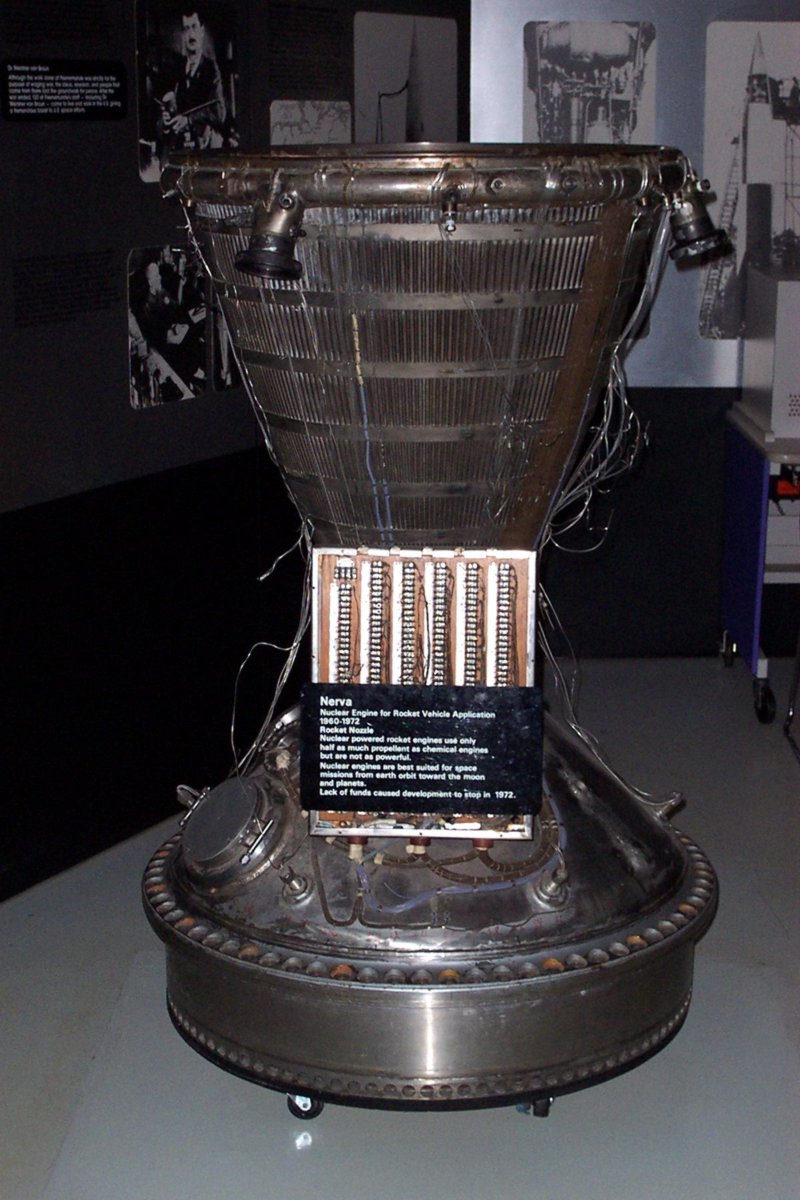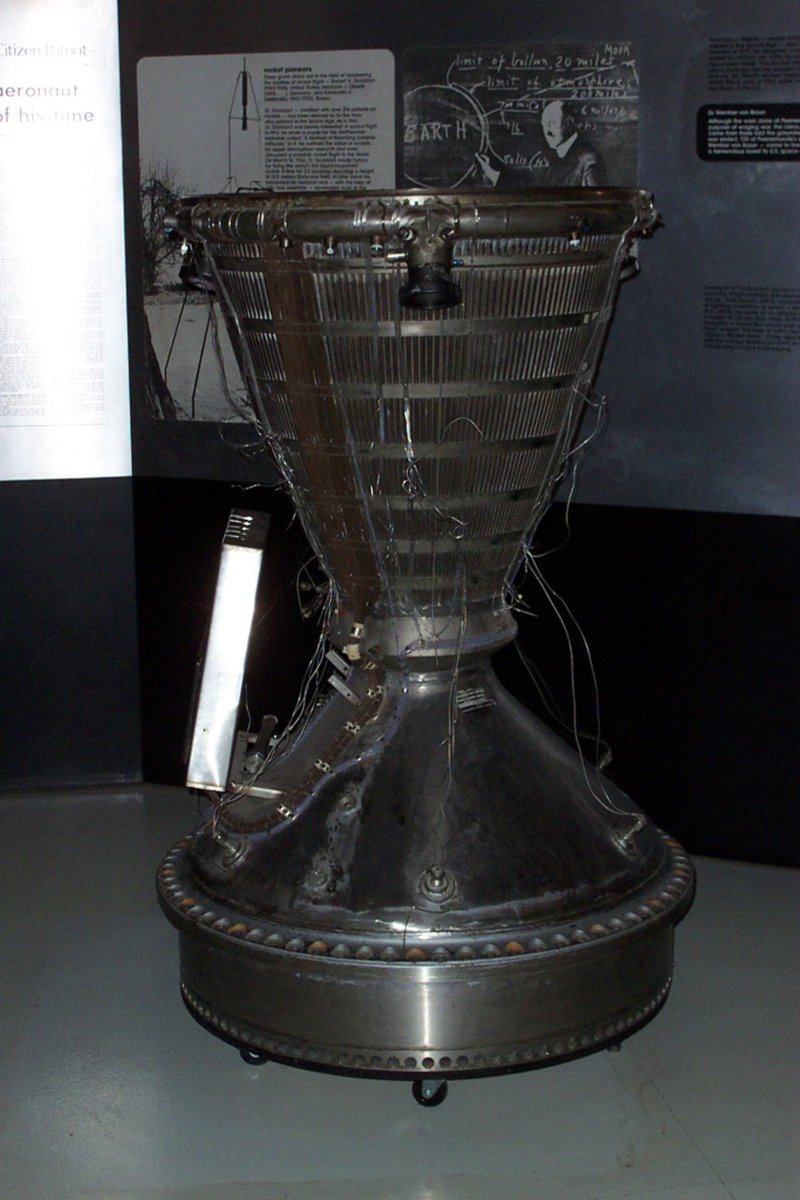C
crazyeddie
Guest
I'm not sure if this is the right forum for this, but the discussion in the other thread on the difficulties of interstellar travel got me wondering. What's the fastest speed we could get a space probe out of the solar system, using current technology? Let's assume a useful payload would weigh 2 tons, or more than twice the weight of the Voyager 1 probe. Let's further assume the use of an Ares V booster, and the availability of either a NERVA-style nuclear third stage or an nuclear-ion engine. Or maybe even an small Orion-class booster (although I think that's an unlikely option, for a number of politial reasons). Throw in a gravity swing-by assist from Jupiter and perhaps another gas giant. Can any of you rocket scientists out there give us an estimate of how fast we could boost this probe, and how long it would take to get to Alpha Centauri?




